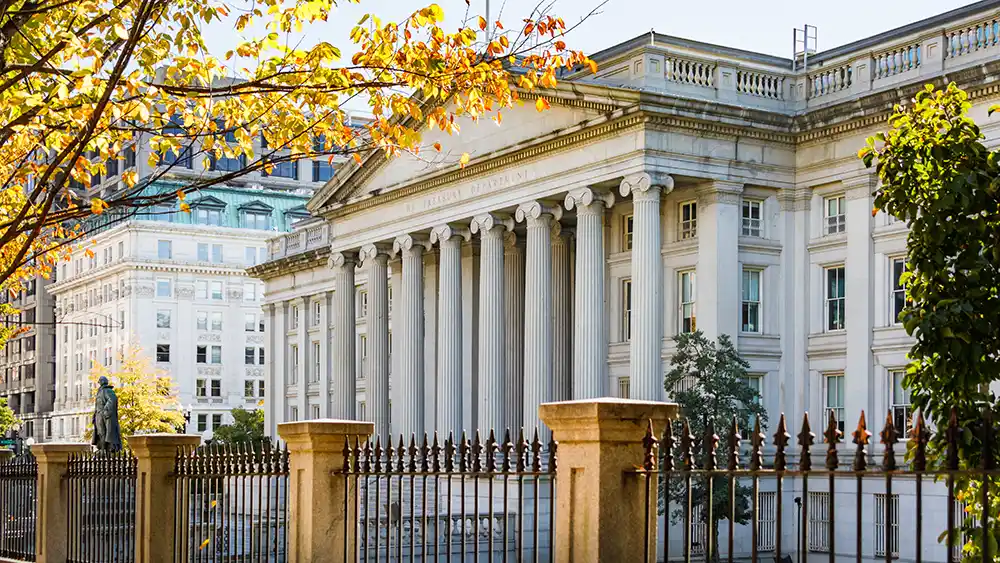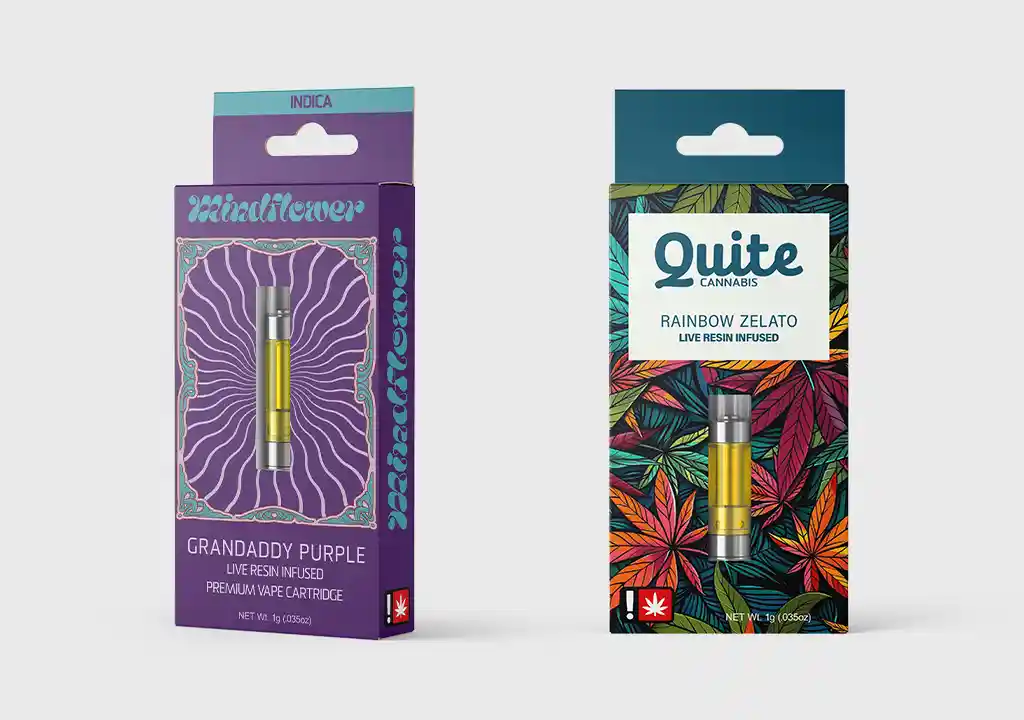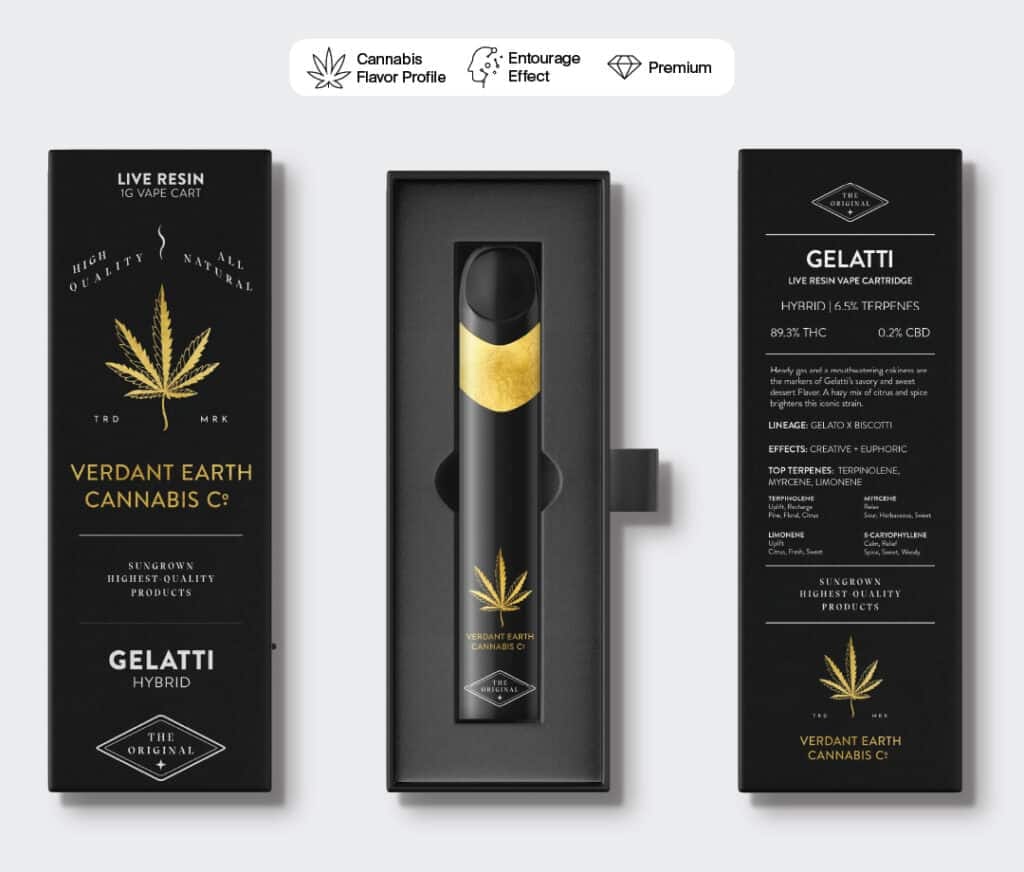November 27, 2024
Navigating Hemp Regulation: A Call to Action for the Cannabis Industry

As the Farm Bill discussions heat up around hemp regulations, it’s crucial to remember that the bill’s primary purpose is to define what qualifies as hemp. While this definition is essential, it leaves many questions unanswered—particularly concerning the regulation of consumer products derived from hemp. Even with expansive text in the Farm Bill, multiple regulatory bodies will play significant roles in shaping the industry’s future.
The Farm Bill addresses agricultural products but isn’t the ideal platform for regulating consumer goods produced from these commodities. In the context of hemp, it’s excellent for defining what hemp is but less effective for implementing age restrictions, marketing guidelines, packaging standards, labeling requirements, and testing protocols.
Now is the perfect time for hemp and cannabis companies to consider which agencies or departments are best suited to take on regulatory responsibilities. There are three primary options:
- The Department of Agriculture (USDA)
- The Treasury’s Alcohol and Tobacco Tax and Trade Bureau (TTB)
- The Food and Drug Administration (FDA)
So, which is the best fit? If regulation ends up being a balance among these three, we need to decide where specific authorities should lie and which departments should have limited power.
It’s not controversial to say that the FDA’s pre-market tobacco application process has been less than successful. If the cannabis industry finds itself regulated by the FDA in a similar manner to tobacco products, it could stifle innovation and hinder small businesses. While the FDA plays a critical role in keeping consumer products safe, expecting them to review every cannabis product before it hits the market is impractical. The cannabis industry is dynamic, with ongoing research and diverse product development that doesn’t neatly align with existing regulatory frameworks.
Given the USDA’s historical role, it’s challenging to envision how they could effectively regulate consumer cannabis products. This brings us to the Treasury and the TTB, which currently regulate alcohol and aspects of the tobacco industry. Understanding how the Treasury can participate is one of the most important questions we face right now.
At True Terpenes, we’re actively engaging in Washington, D.C., meeting with various departments and working with legislators to draft legislative text that empowers the right departments to have a regulatory role in the hemp space. We’re focused on ensuring that the Treasury takes the lead in this discussion and that the FDA’s authority over market approval for cannabis and hemp products is appropriately limited.
Our unique position in the industry—retailing ingredients to both the cannabis and hemp marketplaces and playing an advanced role in product development for some of the largest companies—gives us deep insight into the complexities at play. We’ve witnessed firsthand the potential innovation pathways that are emerging. The cannabis plant still has so much to offer, and consumers are just beginning to explore the diverse product types and categories available.
Once cannabis is successfully taxed, it becomes protected. The Treasury has significant influence in D.C., and if cannabis or hemp products are taxed similarly to alcohol’s three-tiered system, it would be challenging for Congress to reverse or regress cannabis policy to a prohibitionist stance.
Now is the time for hemp and cannabis companies to come together and advocate for a regulatory framework that fosters innovation, protects small businesses, and propels the industry forward. Let’s work collaboratively to shape a future where the cannabis industry thrives under sensible and supportive regulations.
If you’re a large cannabis or hemp company interested in these developments or exploring innovative product opportunities, let’s connect. Together, we can lead the charge in shaping the industry’s future.




